Injury Rehabilitation:
- Physiotherapy plays a crucial role in rehabilitating individuals recovering from injuries, such as sprains, strains, fractures, or surgical procedures.
- Rehabilitation programs are tailored to improve mobility, strength, and function, helping individuals regain their independence.
Chronic Pain Management:
- Physiotherapy is often employed to manage chronic pain conditions, such as arthritis, back pain, or fibromyalgia.
- Therapeutic exercises, manual therapy, and modalities can help alleviate pain and improve overall quality of life.
Neurological Conditions:
- Individuals with neurological conditions, including stroke, Parkinson’s disease, or multiple sclerosis, benefit from physiotherapy to enhance mobility, coordination, and balance.
- Neurological physiotherapy aims to optimize functional abilities and improve the individual’s independence.
Orthopedic Conditions:
- Physiotherapy is crucial in treating orthopedic conditions, such as joint replacements, ligament injuries, or musculoskeletal disorders.
- Rehabilitation programs focus on restoring joint function, improving strength, and preventing further injury.
Post-Surgery Rehabilitation:
- After surgeries, physiotherapy is often prescribed to aid in the recovery process. This may include joint replacement surgeries, spinal surgeries, or orthopedic procedures.
- Physiotherapists work to reduce pain, swelling, and stiffness, while promoting optimal healing and functional recovery.
Cardiopulmonary Rehabilitation:
- Physiotherapy is involved in cardiac and pulmonary rehabilitation programs for individuals with heart or lung conditions.
- Exercises and education help improve cardiovascular fitness and respiratory function, supporting overall heart and lung health.
Sports Injuries:
- Athletes often seek physiotherapy services for the prevention and treatment of sports injuries.
- Physiotherapists work on rehabilitation strategies to facilitate a safe return to sports activities.
Geriatric Care:
- Physiotherapy is essential in geriatric care to address age-related issues such as balance problems, reduced mobility, and increased fall risk.
- Programs focus on maintaining independence and improving overall functional capacity in older adults.
Preventive Care and Education:
- Physiotherapists provide preventive care, offering guidance on exercises, proper body mechanics, and lifestyle modifications to reduce the risk of injuries and improve overall health.
In summary, physiotherapy services are integral to promoting physical well-being, preventing injuries, and facilitating recovery across a broad spectrum of conditions and populations. The goal is to enhance the individual’s functional capacity, reduce pain, and improve their overall quality of life.


